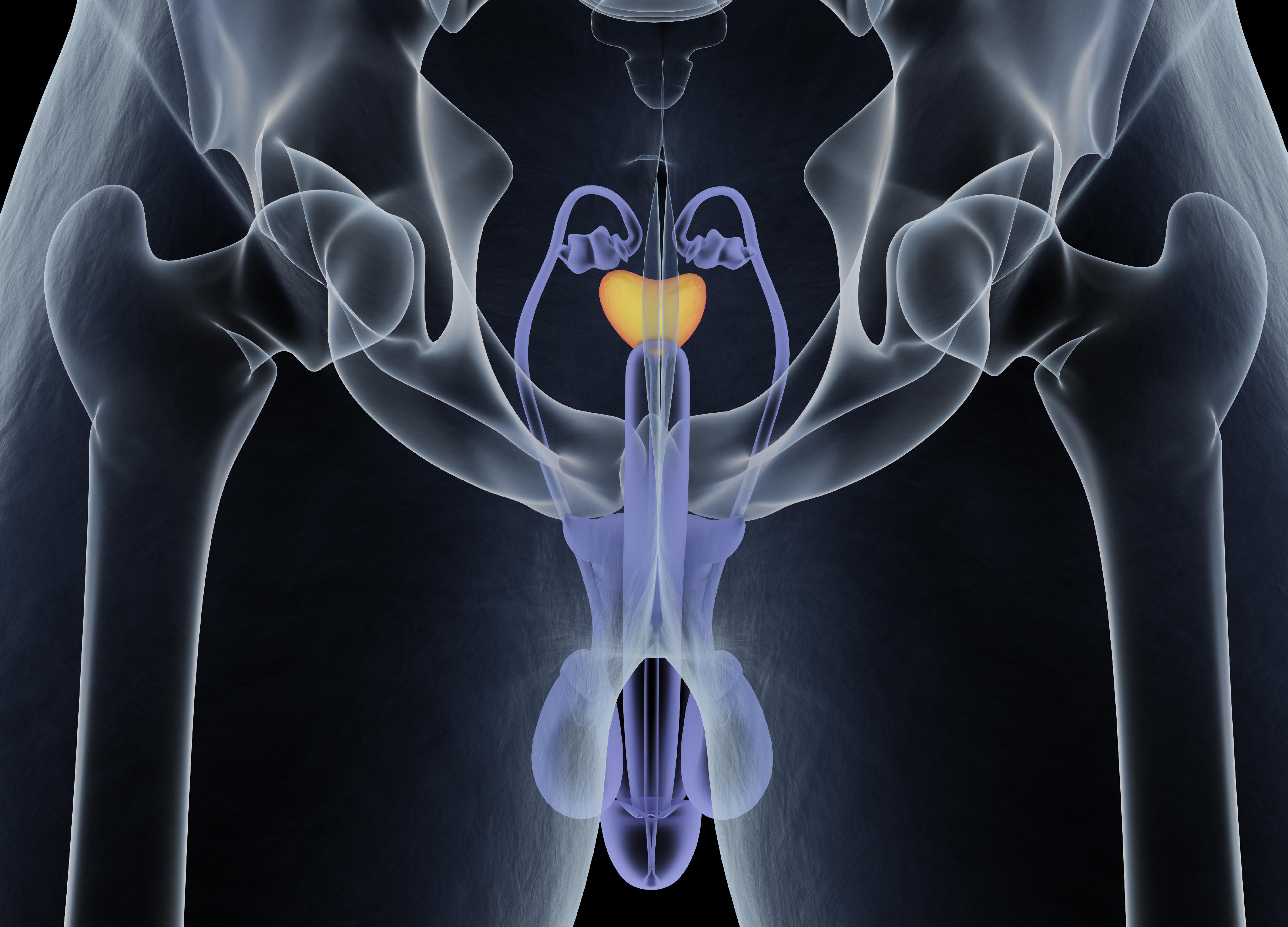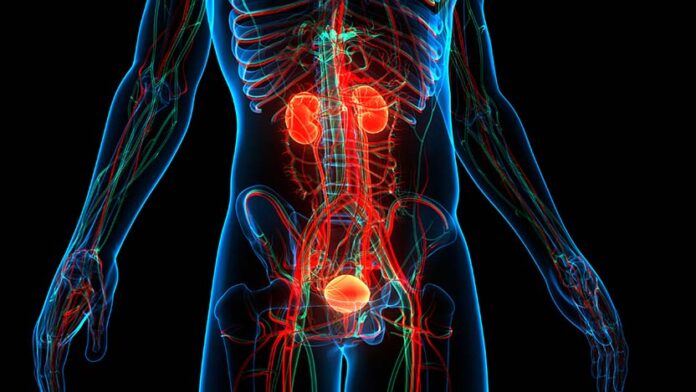When it comes to prostate-related health concerns, the first step is understanding how to respond to a medical emergency. Understanding basic first aid essentials can be invaluable when dealing with sudden and potentially serious health issues, such as those related to the prostate.
From diagnosing symptoms and taking care of oneself at home to seeking professional help from a doctor or hospital, this article will provide an overview of how best to handle prostate-related health concerns. With advice on preventive measures and tips for getting treatment quickly and efficiently, readers will gain the necessary knowledge on managing their well-being.
Understanding Prostate-Related Health Concerns
Prostate-related health concerns can be a daunting and overwhelming topic for many. It is important to understand the symptoms, causes, and treatments of these conditions to properly address them.
Prostate cancer, one of the most common types of prostate-related health issues, affects more than 3 million men yearly. Symptoms can include difficulty urinating or frequent nighttime urination; however, it is important to note that some people may not experience any symptoms at all.
Other prostate-specific issues such as prostatitis are also prevalent with roughly 2 million cases diagnosed each year in the United States alone. This highlights how essential it is for people to learn about these conditions so they can ensure early diagnosis and treatment when necessary.
Other topics related to prostate-related health concerns include benign prostatic hyperplasia (BPH), an enlarged prostate gland condition that often requires medication or lifestyle changes for management; as well as sexually transmitted infections (STIs) such as chlamydia which have been linked with inflammation in the prostate gland leading to further complications down the line if left unchecked. Understanding each condition’s signs and symptoms is critical in determining whether medical attention needs to be sought or not.
Understanding what you need to know about these various conditions will equip you with knowledge on how best to handle them should you ever encounter them yourself or through someone close by who might require help navigating their concerns around this subject matter
Diagnosing and Treating Prostate Conditions

When it comes to diagnosing and treating prostate conditions, the first step is to seek a professional medical opinion. A doctor will be able to assess symptoms and order any necessary tests such as blood work or imaging scans.
Depending on the results of these tests, treatment may range from medications to lifestyle changes or even surgery in serious cases. It’s important for those with prostate health concerns not only to have an accurate diagnosis but also to access appropriate treatment options tailored specifically for them.
In some cases, seeing a urologist or other specialist may be necessary for specialized care. Your doctor should always be your first point of contact when dealing with any prostate health issue so that you can ensure you are receiving the best possible advice and treatment plan available.
First Aid for Prostate Problems
Prostate problems can be a difficult and uncomfortable experience for many men. However, in most cases, some steps can be taken to provide relief from the symptoms associated with prostate health concerns.
The first step is to ensure you have an accurate diagnosis of your condition so you can make informed decisions about treatment options. Depending on the type of problem being treated, there are various treatments available including medications, dietary changes, lifestyle modifications, and traditional medical interventions such as surgery or radiation therapy.
Additionally, understanding the basic principles of first aid for prostate problems may also help alleviate pain and discomfort. Here we look at how to handle common prostate-related health concerns through simple measures like warm sitz baths and hot water bottles applied directly to the area affected; pelvic floor exercises which strengthen muscles around the bladder; avoiding sitting for long periods; using moist heat pads; managing stress levels effectively by taking breaks during activities that cause strain or discomfort; drinking plenty of fluids throughout the day; abstaining from alcohol consumption if necessary; eating a healthy diet rich in fruits and vegetables; and speaking openly with family members or friends about any feelings associated with your condition. With these tips in mind, it is possible to manage most prostate-related issues without relying solely on medication or invasive procedures – giving you more control over your health outcomes.
Long-Term Care Strategies for Prostate Issues

When it comes to long-term care strategies for prostate issues, the most important factor is to seek professional medical advice. An experienced specialist can help you identify potential causes of your condition and create an appropriate treatment plan.
To ensure that your condition does not worsen over time, regular checkups are essential. Additionally, if you have any lifestyle factors that could be affecting your health (such as smoking or excessive alcohol consumption), these should be addressed to get the best results from any treatment plans put in place.
In addition to seeking medical advice, there are several practical steps you can take at home which may help with managing symptoms associated with prostate issues. Regular exercise has been shown to reduce inflammation and pain levels related to certain conditions; however, make sure not to overexert yourself when starting.
Eating a balanced diet full of fresh fruit and vegetables will also provide valuable nutrients needed for good overall health and well-being – this includes avoiding processed foods where possible. Finally, relaxation techniques such as yoga and meditation can also help provide relief from stress which may cause problems if left unchecked over time.
Conclusion
Prostate-related health concerns can be concerning, but having a basic understanding of how to handle them is essential. Knowing when and where to seek medical help when issues arise will ensure the best outcome for your health.
There are also various measures you can take to prevent or reduce prostate problems in the first place. From eating healthy foods that support good prostate health, exercising regularly, and getting regular checkups from a healthcare professional at https://cprcertificationnow.com, taking simple steps towards better overall health goes a long way in supporting men’s prostate wellness.




